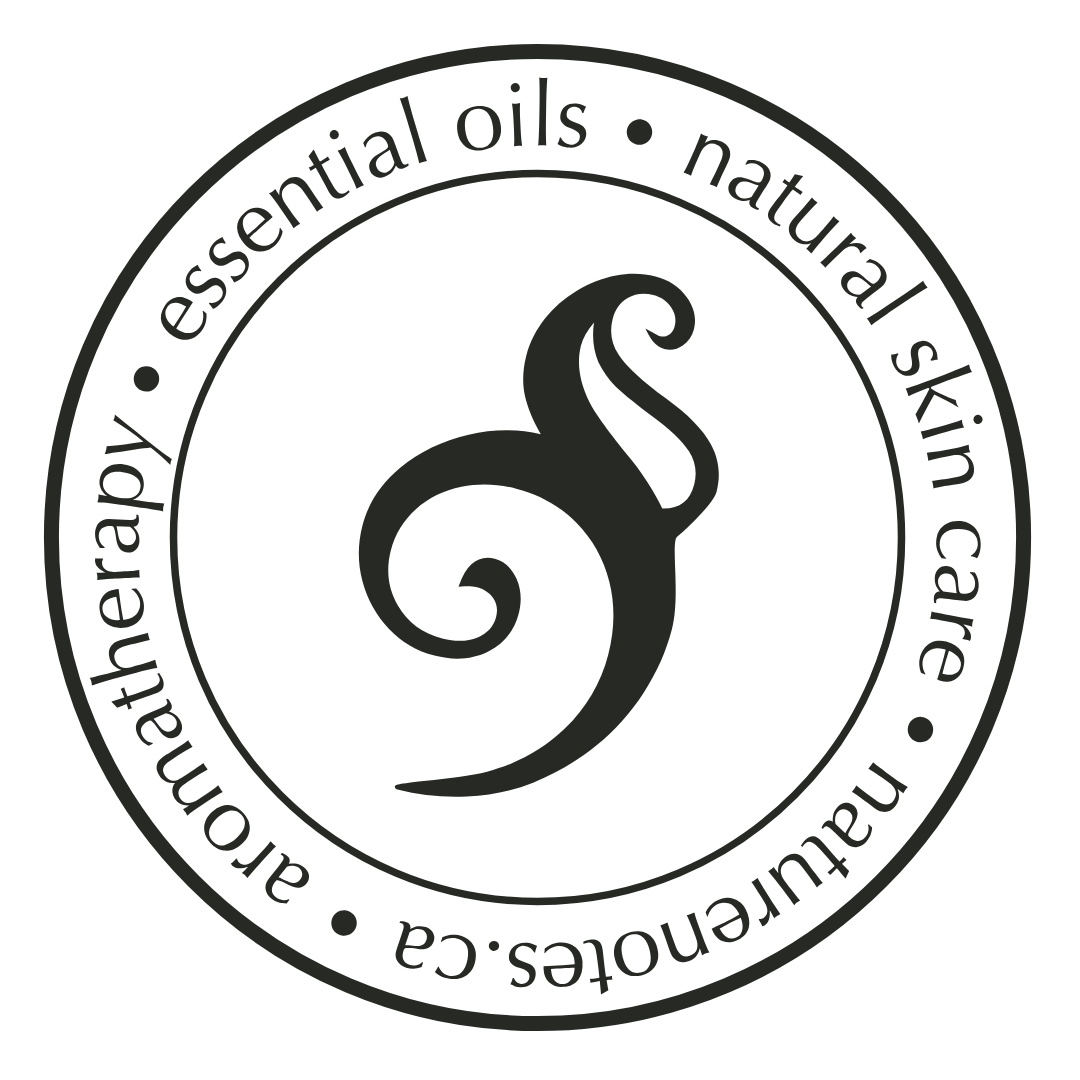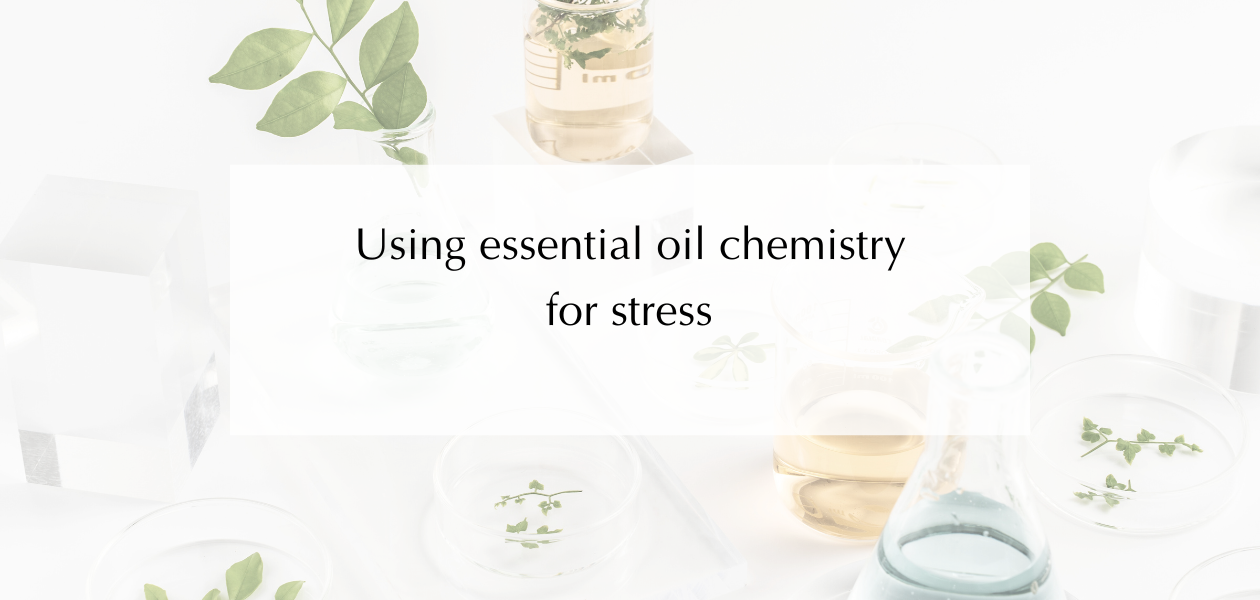We need to talk about stress
The last three years have presented us with some extremely difficult challenges. Everyone has been affected in some way, to one degree or another. As we see, the cost of long term stress is very high. Taking advantage of the chemistry of essential oils is one way that we can care for our mental health.
Physical stress indicators
- Aches & pains
- Acne
- Anxiety
- Appetite changes
- Dry mouth
- Chest pain
- Decreased energy
- Fatigue
- Frequent illness
- Gastrointestinal distress
- Hair loss
- Increased heart rate
- Insomnia
- Muscle tension
- Headaches/migraines
- Heart palpitations
- Muscle spasms
- Panic attacks
- Rashes
- Sweating without exertion
- Teeth grinding or jaw clenching
- Tics or nervous habits
- Tinnitus
- Tremors
- Weight gain or loss
Emotional stress indicators
- Agitation
- Antisocial behavior
- Anger
- Anxiety
- Depression
- Edginess
- Emotional outbursts
- Guilt
- Forgetfulness
- Frustration
- Hostility
- Insomnia
- Irritability
- Isolation
- Loneliness
- Low self esteem
- Mental chatter
- Nervousness
- Overreaction to situations
- Obsessive or compulsive behavior
- Overwhelm
- Restlessness
- Suicidal thoughts
- Tension
- Feelings of worthlessness
Mental wellness tip: Many people benefit from using a journal. You may wish to incorporate this practice into your mental wellness care. If you also want to incorporate using aromatherapy and essential oils into a daily wellness routine, check out this 31 Days bullet journal. It was made for times like these.
Consequences of long term stress
- Mental health problems and disorders
- High blood pressure
- Heart problems, cardiovascular issues
- Obesity or other eating disorders
- Depression, anxiety
- Reproductive problems including infertility
- Skin problems such as psoriasis and eczema
- Hair problems such as permanent hair loss
- Ulcers, etc.
- Self- soothing measures such as alcohol use become a problem, in turn creating more problems
- Poor cognitive function, increased chance of dementia etc.
- Hormone imbalances: insulin
- Hormone imbalances: cortisol levels too high
- Hormone imbalances: adrenal fatigue
Using essential oil chemistry to your advantage
How's it going so far? Does any of the above apply to you? No? Why are you still reading this?? If some of this feels familiar, keep reading. Now we get to the exciting bits!
Without going into the ACTUAL chemistry, I'll just give you the bottom line on the results of using essential oil chemistry. This way you can take what information you like from the lists and make any applications you want from there.
Monoterpenes
Functions of monoterpenes include soothing, uplifting effects, restorative ability
Essential oils high in monoterpenes include:
- lavender
- peppermint
- geranium
- clary sage
- basil
- rose otto
Sesquiterpenes
Functions of sesquiterpenes include soothing frayed nerves, promotes balance, promotes mental clarity
Essential oils with sesquiterpenes include:
- balsam copaiba
- melissa (lemon balm)
- ginger
- ylang ylang
- cedarwood
- helichrysum
Alcohols
Functions of monoterpenols (alcohols) include: clarifying, calming, energizing and stabilizing
Essential oils high in alcohols include:
- rosewood
- coriander
- geranium
- basil
- clary sage
- spike lavender
- lemongrass
- mints
Aldehydes
Functions of aldehydes include: calming emotions, soothing
Note *Use essential oils containing aldehydes sparingly
Essential oils containing aldehydes include:
- melissa (lemon balm)
- lemongrass
- cinnamon bark
Ketones
Functions of ketones include: calm moods, energize emotions, promote mental concentration
Essential oils with ketones include:
- dill seed
- spearmint
- rosemary
- sage
- peppermint
Note: *Use oils containing ketones respectfully and only for short term use
Esters
Functions of esters include: restoring, calming emotions, support hormones, energizing and stabilizing
Essential oils with esters include:
- Roman chamomile
- lavender
- clary sage
- jasmine
- petitgrain
- neroli
Resources you might like
If you are interested in learning more, check out the following:
Essential oils for emotional support/index charts
Essential oils for stress Guidebook
Feelings bundle duo pack (Bundle contains Essential oils for stress guidebook + Emotional index charts)
References
The checklists and chemistry data were compiled and adapted from:
- The Essential Oils hormone solution by Dr. Maria Snyder
- Web MD
- Labaroma chemistry database
About Deanna Russell
Deanna Russell is a clinical aromatherapist (professional member of Canadian Alliance of Aromatherapy /CAOA) and also teaches on essential oil safety as well as other aromatherapy topics. Explore classes and courses here.


